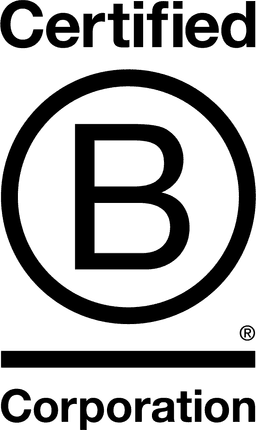

Urban Innovation Company (UIC) Limited T/A Pulsehub

1.6
Belfast district, United Kingdom
June 2025
Telecommunications
Service with Significant Environmental Footprint
United Kingdom
Pulsehub is the only community - first smart street furniture provider in the UK, redefining the role of the quintessential British payphone, whilst working to bridge the digital divide and support connectivity and safety within our communities. Our small team dedicates itself to working closely with the public, third-sector stakeholders, and partners, to ensure each network maximises the benefits it provides, whilst supporting the needs of the community both now and in the future. Our hubs come at no cost to the public or local authority. Pulse Smart Hubs have been designed, developed and engineered by us, Urban Innovation Company (UIC), under which Pulse Smart Hub operates. The modern design – referencing the historic and iconic telephone kiosk and the modern mobile device, makes the Smart Hub instantly recognisable whilst sitting comfortably within the streetscape of a modern or historic backdrop. We are a Code operator licensed under the Electronics Communications Code, to provide improved connectivity and telecommunications services, with access to information and services directed towards the specific needs of the local community. From real time data to direct access to emergency lifesaving equipment such as Public Access Defibrillators.
Overall B Impact Score
Governance 15.3
Governance evaluates a company's overall mission, engagement around its social/environmental impact, ethics, and transparency. This section also evaluates the ability of a company to protect their mission and formally consider stakeholders in decision making through their corporate structure (e.g. benefit corporation) or corporate governing documents.
What is this? A company with an Impact Business Model is intentionally designed to create a specific positive outcome for one of its stakeholders - such as workers, community, environment, or customers.
Workers 32.9
Workers evaluates a company’s contributions to its employees’ financial security, health & safety, wellness, career development, and engagement & satisfaction. In addition, this section recognizes business models designed to benefit workers, such as companies that are at least 40% owned by non-executive employees and those that have workforce development programs to support individuals with barriers to employment.
Community 14.5
Community evaluates a company’s engagement with and impact on the communities in which it operates, hires from, and sources from. Topics include diversity, equity & inclusion, economic impact, civic engagement, charitable giving, and supply chain management. In addition, this section recognizes business models that are designed to address specific community-oriented problems, such as poverty alleviation through fair trade sourcing or distribution via microenterprises, producer cooperative models, locally focused economic development, and formal charitable giving commitments.
Environment 26.8
Environment evaluates a company’s overall environmental management practices as well as its impact on the air, climate, water, land, and biodiversity. This includes the direct impact of a company’s operations and, when applicable its supply chain and distribution channels. This section also recognizes companies with environmentally innovative production processes and those that sell products or services that have a positive environmental impact. Some examples might include products and services that create renewable energy, reduce consumption or waste, conserve land or wildlife, provide less toxic alternatives to the market, or educate people about environmental problems.
Customers 1.9
Customers evaluates a company’s stewardship of its customers through the quality of its products and services, ethical marketing, data privacy and security, and feedback channels. In addition, this section recognizes products or services that are designed to address a particular social problem for or through its customers, such as health or educational products, arts & media products, serving underserved customers/clients, and services that improve the social impact of other businesses or organizations.